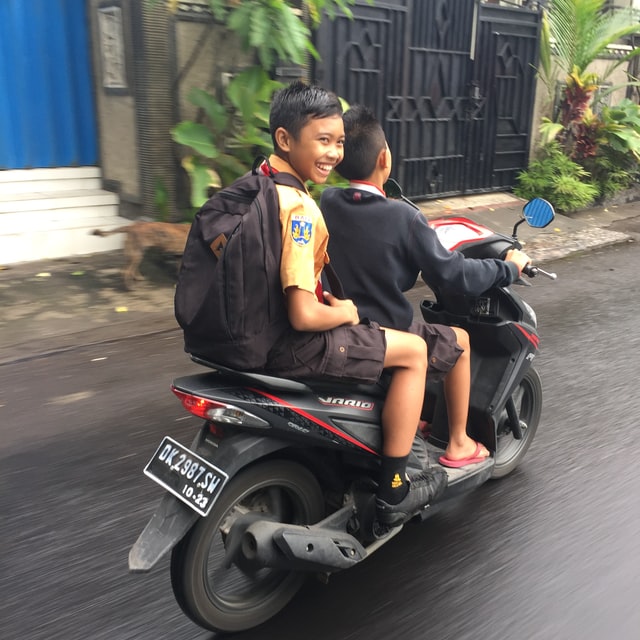The Health Ministry said it is waiting for recommendations from the Indonesian Technical Advisory Group on Immunization (ITAGI) and the Indonesian Paediatrician Association (IDAI) regarding the use of COVID-19 vaccine for those under 18.
The vaccination spokesperson from the Health Ministry, Siti Nadia Tarmizi, explained that there was actually no particular concern regarding the use of the COVID-19 vaccine for children. However, the safety of the vaccine for certain groups must be ensured.
“It’s just because phase three clinical trials and vaccine safety studies haven’t been completed in children,” she added.
A similar explanation was also given by the head of ITAGI, Sri Rezeki Hadinegoro. He said ITAGI is still waiting for scientific publications that prove the safety of COVID-19 vaccines for children.
“Everything must be scientifically proven for safety, antibody formation, and benefits. Also, logistics must be prepared,” he explained.
Citing the MIT Technology Review, trials of the COVID-19 vaccine on children have started to be carried out by several vaccine brands across the world. Among them are the Pfizer-BioNTech and Moderna vaccines, which have been conducting clinical trials on children since the beginning of this year.
However, children have not been prioritised to get the COVID-19 vaccine because it is assessed that the proportion of positive confirmed cases is far less than in adults. Even if exposed, children generally have mild symptoms such as cough, fever, runny nose, and sore throat.
A number of studies show children have immune systems that are able to neutralise the virus more quickly. It is also suspected that children have fewer ACE2 receptors, the entry point for COVID-19 to the host cell to infect the body, in the cells lining the nasal passages.
Even so, there are still serious complications that can be experienced by children when exposed to COVID-19, namely multisystem inflammatory syndrome, or MIS-C, that attacks children in rare cases.
Meanwhile, China has given the green light for the use of Sinovac’s COVID-19 vaccine for children aged 3-17 years.
As reported by Reuters, preliminary results from phase I and II clinical trials show the Sinovac vaccine can trigger an immune response in test participants aged three to 17 years and most reactions are mild.




